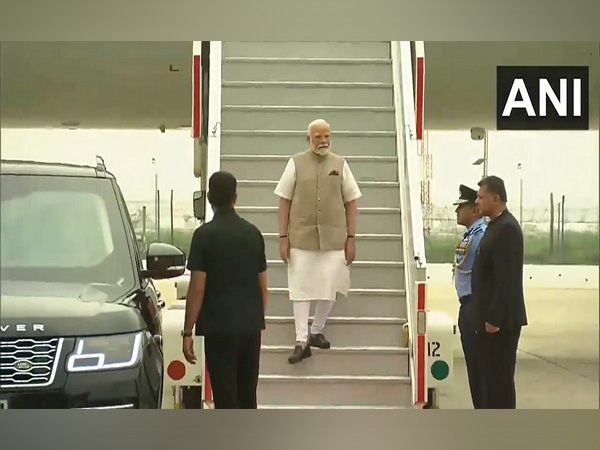PM Modi Concludes Historic Visits to Poland and Ukraine
Prime Minister Narendra Modi returned to Delhi after landmark visits to Poland and Ukraine. Discussions focused on strategic partnerships, international law, and global security. Key agreements were signed with both nations, reflecting a commitment to peace, cooperation, and counter-terrorism efforts.

- Country:
- India
Prime Minister Narendra Modi arrived at Palam airport in Delhi on Saturday after concluding his two-nation visit to Poland and Ukraine. Prime Minister Modi's visit to Poland marked the first by an Indian Prime Minister in 45 years, while it was also the premier Indian visit to Ukraine.
During his visit to Ukraine, PM Modi and President Volodymyr Zelenskyy reaffirmed their commitment to uphold the principles of international law, including respect for territorial integrity and sovereignty. They emphasized the importance of dialogue and diplomacy for a peaceful resolution, which was highlighted by India's participation in the Peace Summit in June 2024 in Switzerland. Ukraine acknowledged India's role and urged continued high-level involvement in future peace efforts. Four agreements were signed between the two nations.
In Poland, PM Modi engaged in bilateral talks with counterpart Donald Tusk, resulting in the elevation of ties to a Strategic Partnership. They collectively condemned the war in Ukraine and underscored the necessity for a just and lasting peace in accordance with international statutes. Both leaders expressed the profound humanitarian concerns and global impact on food and energy security brought about by the conflict, particularly for the Global South. Their discussions also included the non-acceptance of nuclear threats and the importance of adherence to international law and the UN Charter. Additionally, both countries condemned terrorism and emphasized the enforcement of UN Security Council resolutions and the need for the Comprehensive Convention on International Terrorism (CCIT).
(With inputs from agencies.)










